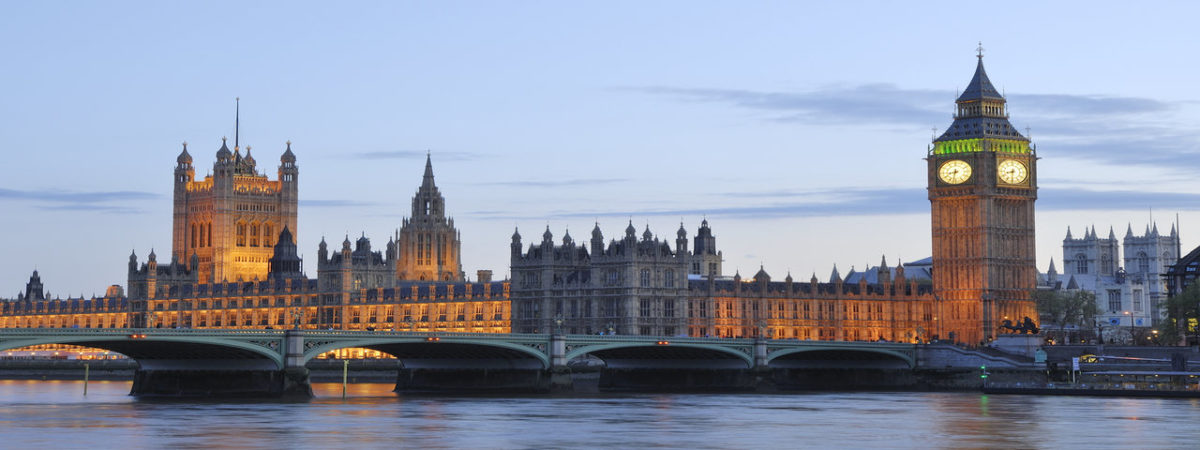Where next for minimum pricing?
SUGGESTED



As in many lawsuits, the issues are complex, but the main points are as these. The SNP wants to make it illegal to sell a unit of alcohol for less than 50p. Sections of the drinks industry and several national governments believe that this would violate the EU’s common market, specifically Article 34 of the Treaty on the Functioning of the European Union (TFEU). For example, if a Portuguese wine company’s unique selling proposition is very low prices, it will effectively be prevented from trading in Scotland.
The Scotch Whisky Association, who brought the case to the ECJ, has legal precedent on its side. The EU has previously ruled that minimum pricing is illegal when applied to tobacco and fuel and there is no obvious reason for alcohol to be treated differently (as some of us have been saying for years). The European Commission has explicitly told the Scottish government that the case law is ‘unequivocal to the effect that national legislation imposing minimum pricing in respect of particular products falls within the ambit of the Article 34 TFEU (prohibition on measures having the equivalent effect of impeding imports of products)’.
Despite these warnings, the Scottish government has persisted because it has been persuaded by minimum pricing lobbyists that the EU will make an exemption under Article 36 of the TFEU. This clause creates an exemption for policies that are essential for improving public health. Crucially, however, an exemption will only be made if there is no other way of achieving the government’s health objectives. The European Commission has already said that it believes that increasing the rate of alcohol duty would have the same effect as minimum pricing without interfering with cross-border trade. The SNP disagrees, saying that minimum pricing is uniquely effective in reducing the sale of cheap alcohol.
The outcome of the case therefore hinges on whether the ECJ will prioritise the goals of ‘public health’ groups over the principles of the common market. The ECJ is due to make its ruling later this year. Before it does, it is customary for the Advocate General to give his view. Typically, though not necessarily, his or her view will also be the view of the ECJ, hence the interest in yesterday’s announcement.
The Advocate General’s report has been reported as being the death knell for minimum pricing. I’ve now read it in full and it is more equivocal than that. Nevertheless, it is clear that he is not siding with the SNP. In a characteristically verbose passage, he writes:
‘Articles 34 TFEU and 36 TFEU must be interpreted as meaning that they preclude a Member State, for the purpose of pursuing the objective of combating alcohol abuse, which forms part of the objective of the protection of public health, from choosing rules that impose a minimum retail price of alcoholic beverages that restricts trade within the European Union and distorts competition, rather than increased taxation of those products, unless that Member State shows that the measure chosen has additional advantages or fewer disadvantages than the alternative measure.’
In other words, the Scottish government needs to prove that there’s no other way of ‘combating alcohol abuse’ other than introducing a price floor. And his next sentence was rather interesting…
‘The fact that the alternative measure of increased taxation is capable of procuring additional advantages by contributing to the general objective of combating alcohol abuse does not justify rejecting that measure in favour of the measure imposing a minimum price.’
On the face of it, this is a strange thing to say. Why would any government reject a policy if it had ‘additional advantages’? Why does the Advocate General feel to need to warn against rejecting alcohol tax hikes on this basis?
What I think he is doing here is pre-empting the Scottish government’s response to the forthcoming ECJ decision by implicitly stating that tax rises are better than minimum prices. If the ECJ bats this back to the Scottish courts (as it probably will), the SNP will argue that tax rises will not meet their objectives as well as minimum pricing. The Advocate General seems not to agree.
Supporters of minimum pricing have never been clear about what their objectives are. I have noticed this myself when I have debated them. Sometimes they say it’s about hidden drinkers, sometimes Saturday night revellers. Sometimes they say it is about targeting heavy drinkers, sometimes they say it about getting the whole population to cut down.
The Advocate General has noticed this inconsistency and concludes that there is a ‘twofold objective of targeting the part of the population whose health is at greatest risk and having a positive effect on the health of the entire population’. He sees nothing wrong with this ‘persistent ambiguity’ but he notes that a tax rise would be effective in achieving both objectives whereas minimum pricing would only be effective (perhaps) in the first, ie. reducing consumption amongst (some) high risk drinkers. He notes that rates of heavy drinking are highest amongst the high income groups that will be almost untouched by minimum pricing.
Put simply, the minimum pricing lobbyists have been hoist by their own petard. By stating that their objective is to reduce alcohol consumption amongst the whole population, they have lost the argument that minimum pricing can do what taxation cannot. If they had been more candid and said that they want to stop poor people drinking – for that is really what minimum pricing is about – they might have stood a better chance. As it is, they will be told to increase taxes instead. Sadly for the SNP – and happily for drinkers – they do not have the power to do so.




